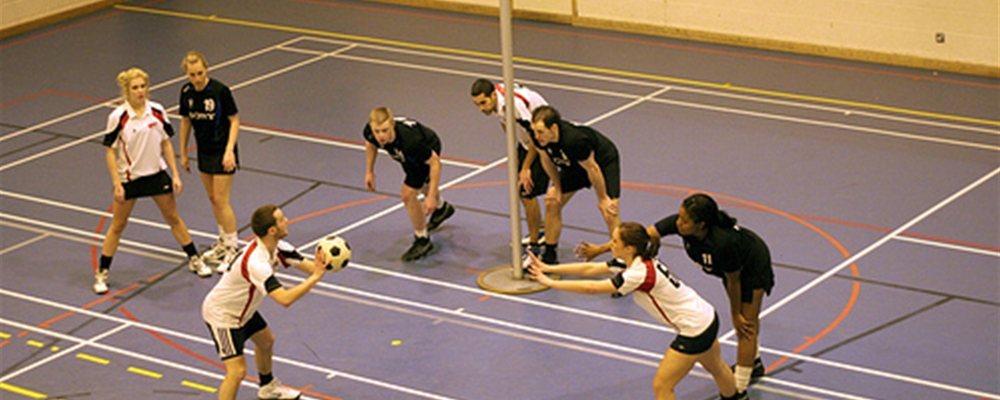Decision making for groups at the game level is quite simple – the referee, the captain and the coach. Beyond the game level, decisions become more complex – at club, league, state, national and international levels. Since we are a mixed sport, gender interests must always be considered and for that reason we should be having both genders equally involved in decision making at all levels.
Our sport, internationally, has been rightly criticised for not have gender equity at higher levels, both technical and administrative. There are many reasons for this and changes yet to be implemented. Currently we are ensuring gender equity and fair relations are central in the Australian context through the expectations we have of administrators and their committees and the support we give to them at all levels.
When looking at this from a procedural justice viewpoint, there needs to be transparency in procedures and decision making. For example, if we do not wish to see certain negative behaviour in our game or in associated activities from either gender, it has to be promptly dealt with by appropriate people or groups at all levels of administration and in accordance with our policies, for example the KA Policy for Coaches (page 20).
In a different but very important context, especially where media are involved, administrators need to ensure that there is equity in the marketing of korfball in the broadest sense. It begs questions such as:
- When recognising achievement, does it reflect the equal importance of girls and boys or men and women in all our activities?
- Do our publications have gender equity in illustrations and neutral gender descriptors of people?
- Is gender equity in our sport clearly visible everywhere to any observer?
To achieve gender neutral play, we need to have both genders involved in decision making. Likewise we need this in our administration and our exposure in the wider community.





Leave A Comment